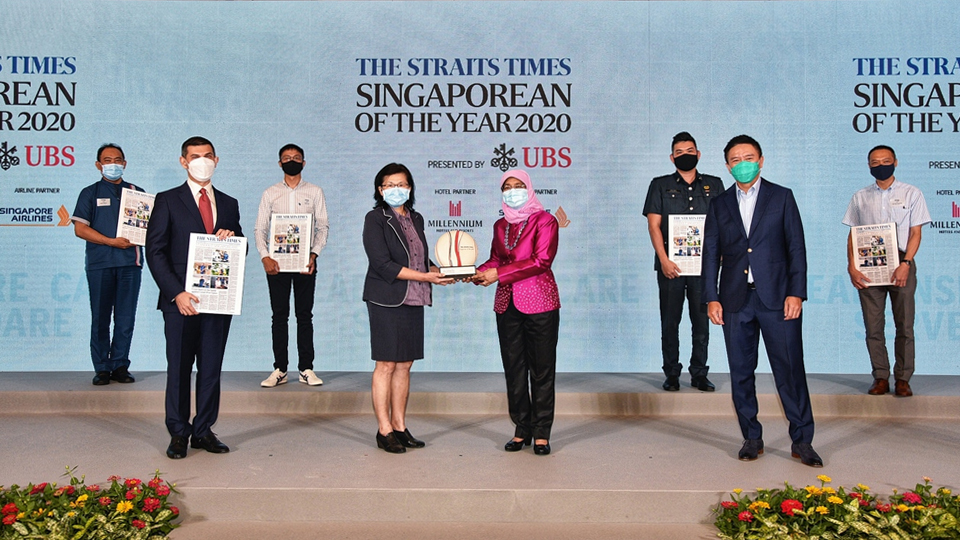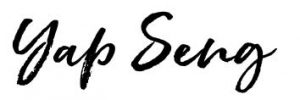Dean’s Message

Dear Reader,
On December 21 last year, a cruise ship set sail from Hamburg, Germany, on what was supposed to be a 140-day journey. On board were uninvited and unseen stowaways. One hundred and seventy days later, the MV Artania finally docked at the German port of Bremerhaven after an epic, six-month odyssey. Of the more than 1,000 passengers, only eight were left on board along with a skeleton crew. More than 800 passengers had disembarked along the way to catch flights home, while another 200 or so were evacuated to hospitals. En route home, the ship made numerous diversions to drop off crew members, before returning to a world vastly changed from the one it left in December.
The voyage of the MV Artania may be seen as a metaphor for all countries struggling to cope with an infectious disease that has crept up on our unsuspecting world. We assumed 2020 would be like the years before—breezy, smooth sailing, business as usual. Then came news of an infectious outbreak in China, followed by the first cases here just before the Lunar New Year. Healthcare systems around the world were engulfed by the sudden flood of patients, all presenting flu-like symptoms with an alarming number deteriorating into respiratory failure. The cases spiked, economies ground to a halt as worried governments enacted population lockdowns and freezes on travel, discouraged and even banned interactions between people as scientists struggled to understand this frightening, mysterious virus that was making so many people around the world fall ill, and killing some along the way.
Collectively, the nations of the world found they had entered a new, bewildering and uncertain time. People lost jobs as economies lost steam and companies shed staff. Holiday trips abroad were abandoned, family reunions were postponed indefinitely, shopping trips meant just grocery runs and food takeaways. Masks became compulsory facial accessories. A global race was launched to produce vaccines and antiviral medications to halt the spread of COVID-19. Here on the Yong Loo Lin School of Medicine campus, all other research was suspended while our virologists and molecular biologists joined with colleagues from DSO, A*STAR, and other biomedical institutions in the search for a solution.
Eight months on, we know so much more about the silent, killing virus that has taken more than 608,000 lives and incapacitated more than 14 million people worldwide*. Our confidence in the human race’s ability to corral and outsmart the virus is gradually returning, boosted by the plateauing of infection rates here and among various countries. But while much remains to be discovered about COVID-19, we have uncovered much about ourselves. We have learned that we are able to adapt, after the initial shock, hiccups and some discomfort, to a new way of living and working. We have found that what was, need not be going forward.
Viruses mutate, allowing them to survive better. We too must change and adapt to meet the challenges life throws at us. To a certain extent, the challenge of the virus is also a question about who we are, individually and as a community. My colleagues and I have embarked on an irreversible path to re-examine assumptions about our work and the way we go about it here at the School, from the way we teach our students, to the processes that guide and inform our functions and daily operations. We will ride the tsunami of inevitable changes that are being brought about by COVID-19, to identify opportunities that will allow us to transform and work more effectively and productively. We are investing heavily in digital systems and infrastructure and we will be deploying and using these even more extensively in a post-COVID world, so that we are able to continue to operate successfully and safely.
It is into this greatly changed world that the graduating Medicine and Nursing Classes of 2020 is entering. We have taught and trained them well and are confident that the knowledge and skills they have acquired in the years here at the School have prepared them to meet the tests and challenges that await them in the wards, clinics and wherever they find themselves working. In this regard, we have not changed. The NUS medical school continues to carry out the mission she was established to do more than 115 years ago—prepare young men and women to care for the health and healthcare needs of Singapore and beyond.
Stay healthy, sail boldly, surmount together.
Yours Sincerely,

Chong Yap Seng
Lien Ying Chow Professor in Medicine Dean, NUS Yong Loo Lin School of Medicine
*as of 21 July 2020, Johns Hopkins Coronavirus Resource Centre
